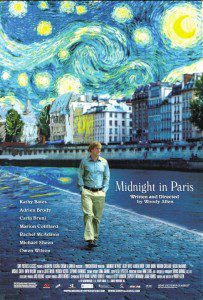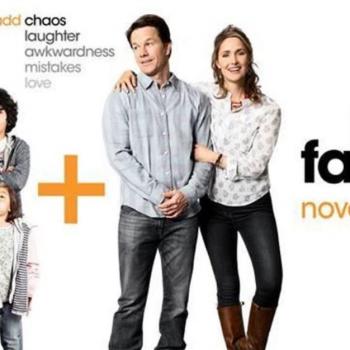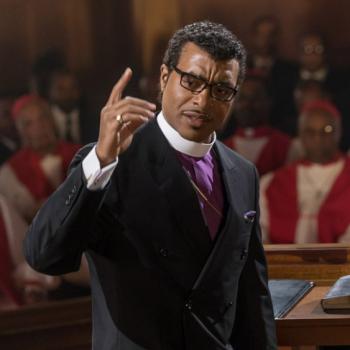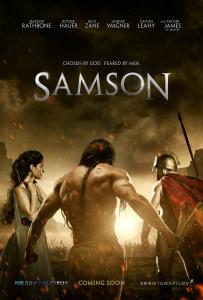 Woody Allen has been making movies for almost 50 years, and will be 80 years old this year. He is the classic ‘auteur,’ a creative artist who is responsible for a film’s content, as he writes and directs (and often stars in) all of his movies. It is standard critical opinion that, even though he pumps out a picture a year, he goes long stretches without making a really great movie. He seems ok with this fact, hoping that quantity will make up for lapses in quality. I wonder, though, if he hasn’t given up (at least a little) hoping to please audiences today. A film he made in 2011, Midnight in Paris, is all about the struggle between living in the past and living in the disappointing present. As always, with Allen, you wonder how much is autobiographical.
Woody Allen has been making movies for almost 50 years, and will be 80 years old this year. He is the classic ‘auteur,’ a creative artist who is responsible for a film’s content, as he writes and directs (and often stars in) all of his movies. It is standard critical opinion that, even though he pumps out a picture a year, he goes long stretches without making a really great movie. He seems ok with this fact, hoping that quantity will make up for lapses in quality. I wonder, though, if he hasn’t given up (at least a little) hoping to please audiences today. A film he made in 2011, Midnight in Paris, is all about the struggle between living in the past and living in the disappointing present. As always, with Allen, you wonder how much is autobiographical.
In the film, Owen Wilson plays ‘the Woody character’ as a young writer named Gil who is on vacation in Paris with his fiancé and her family. Gil loves Paris and wants to experience art at a deep level, but his fiancé loves shopping and only wants to know art at a surface level. A bit of unexplained magic leads Gil to temporarily leave the present at midnight every night and go back in time to 1920’s Paris. There Gil meets some of his heroes, such as Scott Fitzgerald, Ernest Hemingway, Pablo Picasso, Salvador Dali, and Gertrude Stein. He also meets an attractive young woman named Adriana, played by Marion Cotillard, who herself is obsessed with the Belle Epoque, the 1890’s. The result is an enjoyable, if fairly predictable (with some one-dimensional stereotypes), romantic comedy.
But I don’t want to dismiss the movie as ‘just another rom-com.’ It is more than that. It wants to ask big questions, and I found it made two key observations.
The first is that there is no golden age. There’s just life; good and bad and ugly fills every era, and if one era seems better than others it’s probably a result of perspective (particularly from the perspective of the history writers). There is a prevailing notion, especially among conservatives (with many liberals coming to the opposite conclusion), that early America and the America of our grandparents was better than ours. But a more sober assessment shows that some things were better, but some things were much worse. Racism, while still alive today, was much worse in the 30’s and 40’s. Child abuse wasn’t reported back then, but it happened, and recent legislation makes it harder to get away with child abuse today. Mentally ill people had little, if any, medical options and were often locked away and forgotten in the ‘old days’; today many are treated and can live normal lives. When I was a kid, bullies were rampant at school; at my kid’s school, there is a zero tolerance policy for bullies. Certainly there are some dangers today’s children have to face (drugs, porn) that didn’t affect past generations; but there are also safeguards and learning opportunities for children today that were not available to kids in ‘the greatest generation.’
The second observation the film makes is that the art and artists of the past have a lot to tell us if we will really listen. This goes far beyond nostalgia. Nostalgia likes a feeling, but not necessarily the substance. This is why we have muzak- the elevator music that plays the hits of ‘yesteryear’ to make people feel pleasant. Of course, when musicians ride those elevators they recognize all of the songs and immediately hate the arrangements. So, I ask myself, do I like writers like St. Augustine and Athanasius because I’ve romanticized their writings and influence, or do I like Augustine and Athanasius because they really have taught me a lot (and I’ve really taken the time to listen)? Do I like jazz because it really feeds my soul, or because it’s cool (for some, very uncool to others, I realize)?
We need to ask ourselves why we’re always pulled to the ‘New’ section of the video store. Why not the classics? While there are probably many reasons for ‘the tyranny of the new,’ Midnight in Paris reminds us that the past has more treasures waiting for us to discover. Don’t believe me? Check out Crimes and Misdemeanors or Hannah and Her Sisters.
















